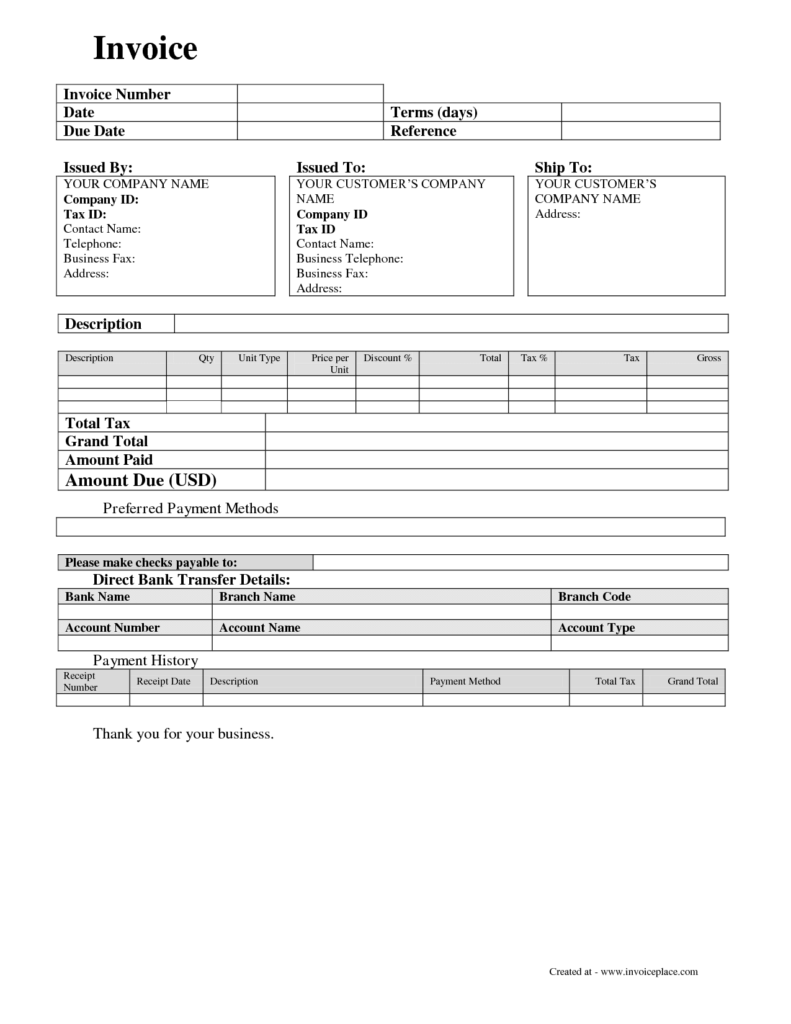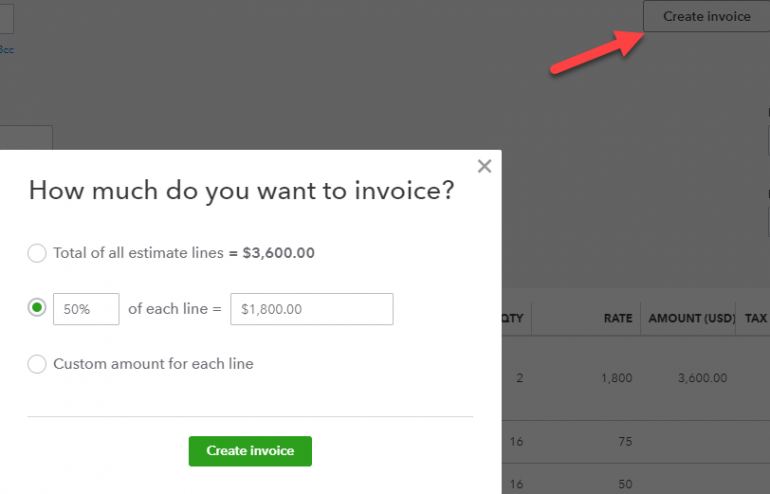

No unified method of invoice communication.With even simple automation, you can avoid all of these problems.


#SIMPLE INVOICING SYSTEMS THAT INTEGRATE WITH QUICKBOOKS MANUAL#
Besides, manual processes can lead to duplicate payments, lost invoices, or inaccurate detail. For example, if you’re creating invoices manually, you might make a mistake in calculating the total cost. If your processes are not automated, invoicing can result in errors. A CRM with proper follow-up functionality can make it easier for you to keep your financial records in order. Sometimes it’s difficult to keep up with outstanding invoices and due dates. QuickBooks CRM integration can help you with these challengesīy integrating QuickBooks with your CRM, you can solve the most common accounting and financial problems: Let’s have a closer look at each of them. You might be experiencing several invoicing and billing challenges-and most of them can be alleviated with proper automation tools or a good CRM integration. Having a complete profile of your client is one of the main reasons why QuickBooks CRM integration is important. Accurate, easily accessible, and relevant information about your clients can change the way you conduct business. For example, you’ll always know when you last contacted a prospective client and when it’s time to send another follow-up.īy integrating different business apps into your CRM, you’ll have a complete profile of every client: their emails, invoices, support tickets, and any other details that are important for your business. Your CRM pulls in information from various sources and applications, including marketing tools or customer support software-financial and accounting apps, like QuickBooks, are no exception and can also be connected to your CRM.ĬRMs don’t only aggregate data in one place, they help you take action with this data. Alone, this data won’t help you build relationships, generate repeat business, or expand your operations. QuickBooks, similar to any other accounting software, has some vital information about your clients: their names, contact details, purchasing history, invoices, and so on.Īlthough powerful in its own way, QuickBooks is mostly great for storing and organizing financial and accounting client data. Let’s first look at the most obvious question: When does a small business need QuickBooks CRM integration? When do you need to integrate QuickBooks with your CRM?


 0 kommentar(er)
0 kommentar(er)
